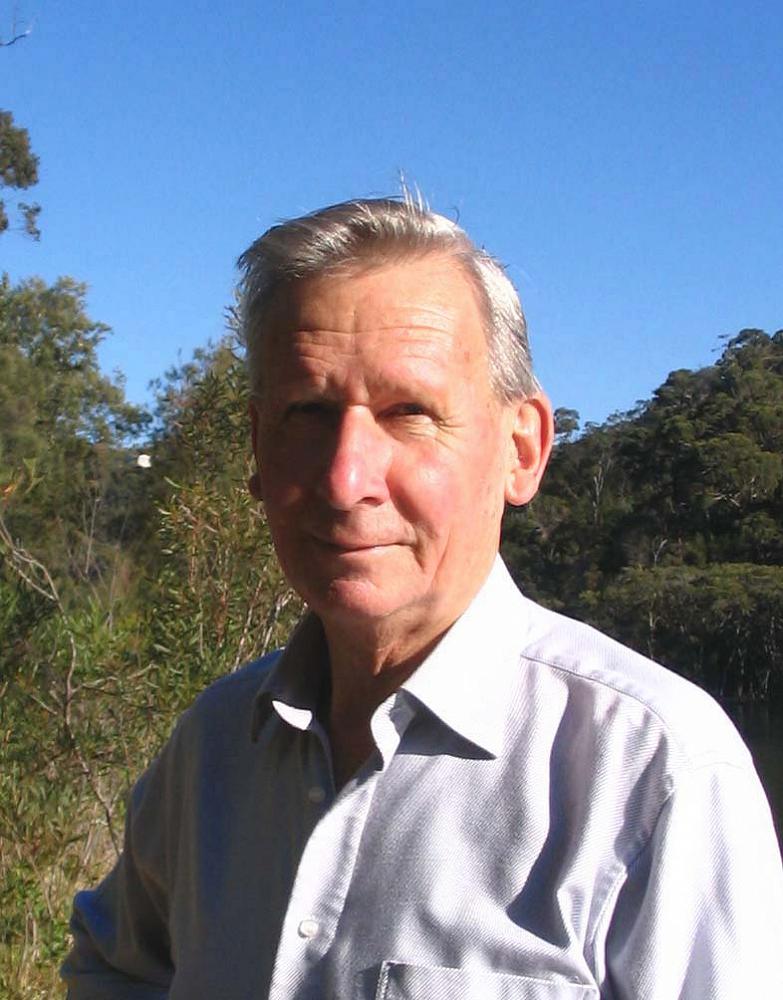
Faith and Belief
Let 2023 be the year when everyone in the church stops believing and instead focuses on faith. That would make us all better Christians.
“Stop!” many will cry. “We’ve been told all our lives that we have to believe, even when we don’t understand or have doubts about this or that incident or text. Didn’t Jesus himself say, ‘Do not fear, only believe’?”
Yes, he did, but in the 500 or so years since the Bible was first translated into English believe has changed its meaning. He meant “put your trust in me” or “give me your heart”.
That’s a thousand miles away from the way we usually use believe today, where it commonly means little more than “this is what I think”, as in “I believe it will rain tomorrow.”
In a masterly analysis 40 years ago Wilfred Cantwell Smith, a Canadian Presbyterian minister and comparative religion scholar, traced the way believe and belief have faded from strong expressions of human trust and loyalty to little more than statements of opinion. These may be right; e.g. “I believe Accra is the capital of Ghana” but can be so wrong - think of all those conspiracy theories polluting social media.
Here are gleanings from his book Faith and Belief:
■ “Belief is the holding of certain ideas. Faith is a quality of human living. At its best it has taken the form of serenity and courage and loyalty and service, a quiet confidence and joy which enable one to feel at home in the universe, and to find meaning in the world and in one’s own life, a meaning that is profound and ultimate.”
■ “Only recently has the matter of believing received central attention, in religious or indeed human life. Classically the emphasis was on faith, a different matter . . . The recent western confusion between them is an aberration: it underlies much of the contemporary disarray.”
■ “Instead of being a stepping-stone to faith, religious belief has become a barrier. The Church gave men and women the impression that believing was the price they must pay, and for the sensitive, that price was too high.”
■ “‘Faith’ in the gospels and even the epistles has no object. It designates a certain quality of human life (‘O ye of little faith’, and ‘Now abideth faith, hope and charity’) rather than specifies a relationship to something external (e.g. faith in God, faith in the Resurrection), as later came to be assumed.”
■ “The Church’s early ceremonial and its greatest thinkers all bear witness that the Latin credo means what it says: ‘I place my heart’. It should never again be translated as ‘I believe’. Faith is not belief; and those who wrote in Latin did not imagine that it was . . . One might therefore urge that ‘belief/believe’ be dropped as religious terms since they no longer refer to anything of human ultimacy.” [Credo is usually translated “I believe”, but Smith shows how the word is related to Sanskrit sraddha (srad, heart and dha, give, so give one’s heart). This parallels the original sense of credo, or cor do, “I give my heart”.]
■ “Faith is not belief in a doctrine. It is not even belief in the truth as such, whatever it may be. It is assent to the truth as perceived, in the dynamic and personal sense of rallying to it with delight and engagement. It is the exclamation mark in saying not merely ‘yes’ but ‘Yes!’ to the truth when one sees it. It is the ability to see the point of a tradition and to respond.”
■ “At most times and in most places humankind has been effectively aware that one lives in a world whose greatness transcends one’s grasp but does not totally elude one, that Truth, Beauty, Justice, Love beckon one imperiously yet graciously. That awareness we see crystallised in poetry, and art, and philosophy or theology, and ritual, and social structure, and political aspiration.
■ “It comprises, in varying degrees, an appreciation of the transcendent quality of this world as it is, and a countervailing drive to change it into this world as it ought to be; a recognition of personal transcendence both in oneself and in one’s neighbour; a sense of being somehow enabled to realise this in fumbling or in fuller richness. Such awareness has been part, at least, of faith, and it has created most of what has been worthwhile in human history.”
May belief wither! May faith blossom!
